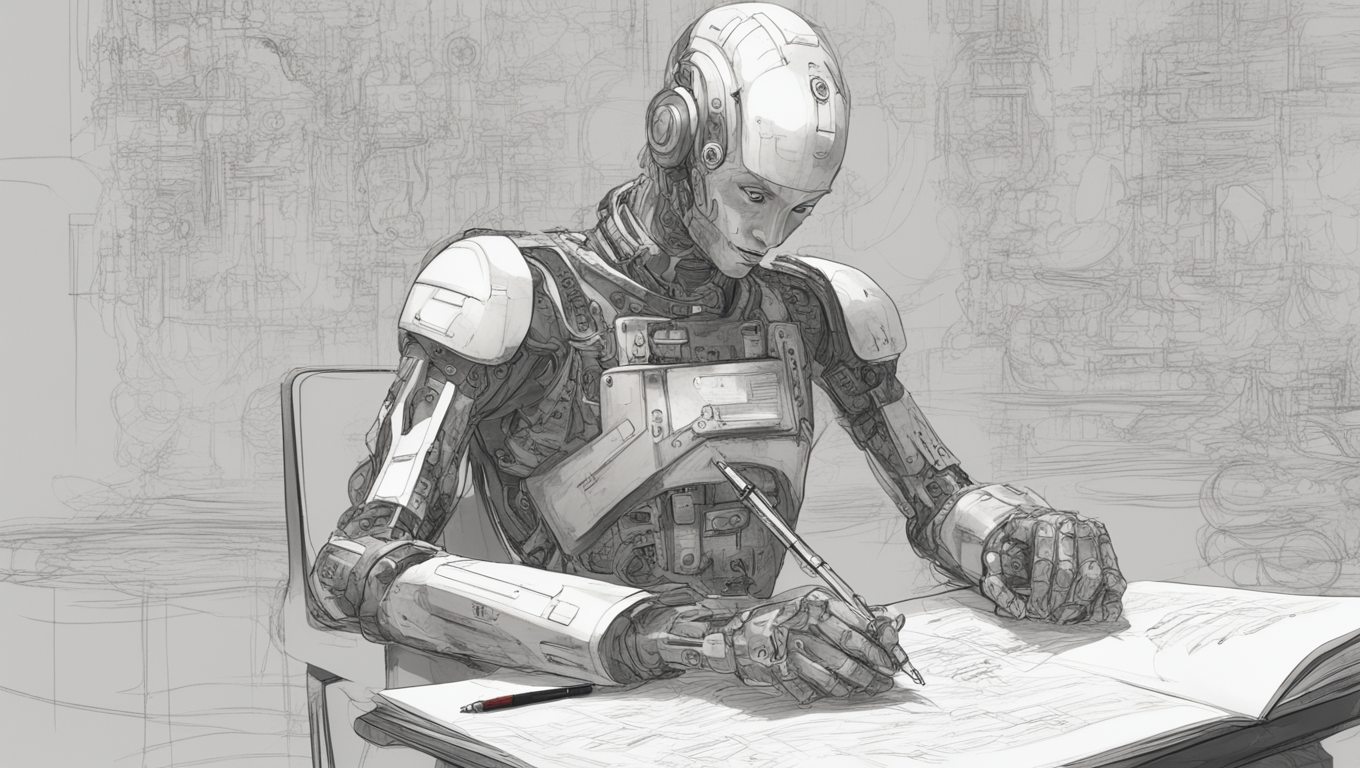In a groundbreaking revelation, Japanese author Rie Kudan has disclosed that she used generative artificial intelligence (AI) to assist in writing the novel for which she recently won Japan’s prestigious Akutagawa Prize. Kudan’s novel, titled “Sympathy Tower Tokyo,” is set in a future where generative AI is ubiquitous. Although Kudan stated that only around 5% of the book’s text was derived directly from AI, this revelation has sparked a debate within Japan’s literary community. Some welcome the use of AI as a new tool for creativity, while others question how it may impact the authors' artistic process.
Shuichi Yoshida, a novelist who sits on the prize’s selection panel, remarks that AI was not a significant topic of discussion during the evaluation process, suggesting that it may have been perceived simply as another character in the story. However, Kudan’s comments regarding her utilization of AI have ignited discussions on social media, resulting in international media coverage by outlets such as CNN.
Generative AI, a technology that uses machine learning to produce text and other content, has paved the way for people to create literary and artistic works effortlessly. However, concerns have arisen about the potential misuse of this technology, including the dissemination of false information or infringement on intellectual property rights. As a result, discussions are underway to establish rules and regulations for its use.
In Kudan’s novel, there is a scene involving “AI-built,” a fictional technology similar to today’s ChatGPT developed by OpenAI. Kudan explains that she only employed AI-generated text for the responses given by AI-built in the story, stating that she made appropriate modifications to ensure a seamless flow of the narrative. Kudan suggests that the AI-generated text makes up only a small portion of the book and that her comments may have been exaggerated.
While there are no issues with Kudan’s novel itself, the revelation of AI use has raised questions about future submission rules within the literary community. One veteran editor believes that authors should be transparent about their use of AI, similar to citing sources, as readers may feel cheated if they learn about it after the fact.
The influence of AI is not limited to literature; it is also altering the landscape of science fiction. The Hoshi Shinichi Award for sci-fi literature has already implemented strict guidelines regarding the use of AI-generated content in submissions. These guidelines prohibit the incorporation of AI-generated text without significant additions or revisions, and they require authors to maintain records of the process.
Literary critic Akira Okawada suggests that many authors are already using AI to generate ideas for themes or writing structures. He believes that while AI cannot currently create superior stories on its own, we should contemplate whether it could potentially surpass human creativity in the future. However, Okawada points out that AI still struggles with the ethical complexities that are integral to creative writing. He emphasizes that understanding the nuances of human nature and addressing ethical themes in-depth remain challenging for AI.
Ultimately, Kudan’s novel explores the relationship between humans and language, pushing the boundaries of existing ethical perspectives. She asserts that she is content with coexisting with AI, stating that even if AI were capable of imitating humans and producing superior text, her desire to write would never cease.
As AI continues to evolve and become an integral part of the creative process, it raises significant questions about artistry, authorship, and the future of literature. While some embrace the potential of AI as a tool for innovation and inspiration, others express concern about its potential to overshadow human creativity. The intersection of technology and literature is an ongoing conversation that will shape the future of storytelling.





Use the share button below if you liked it.